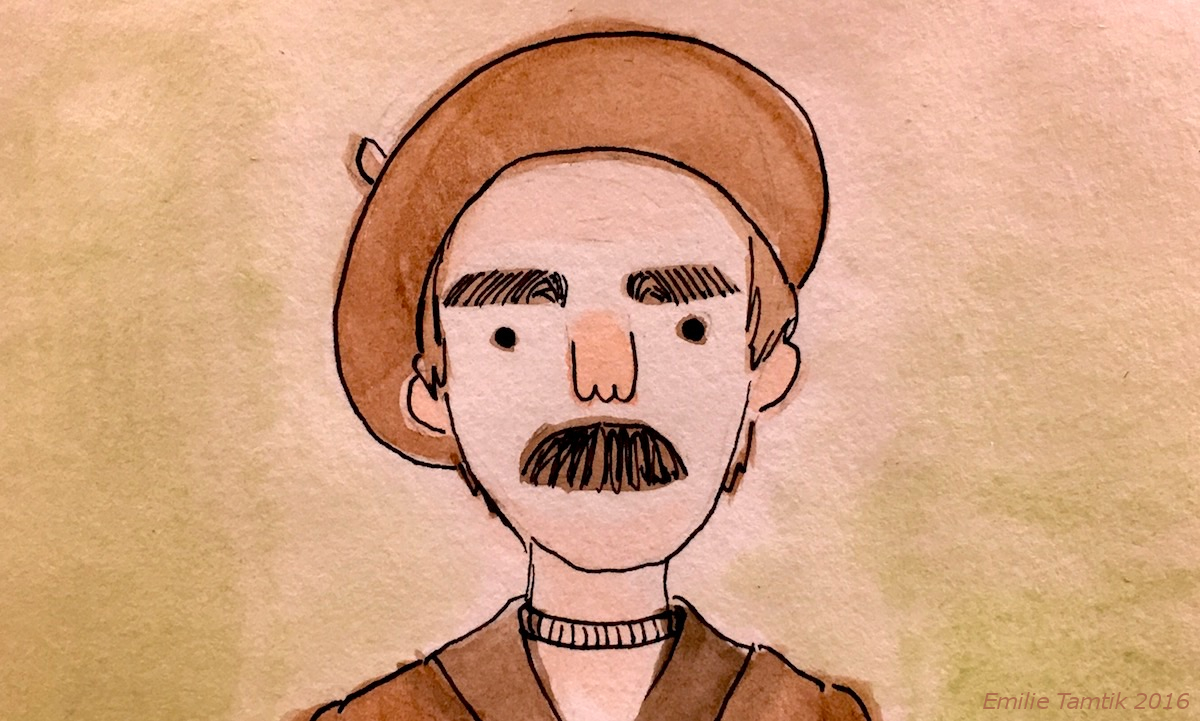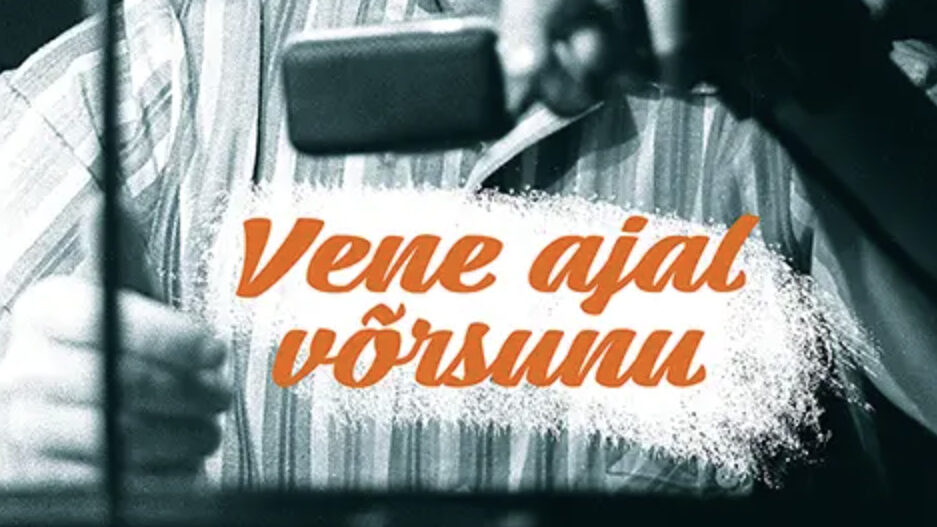This old saying reflects so many different personal social situations where asking a question could create turbulence, but we ask anyway. Sure, there are times when we don't want to ask questions; where it would be nosy and impolite. But then there are times when not asking a question is doing someone a disservice. Questions like “how was your day?” or “how are you feeling?” can prove that you care about someone, rather than leaving them to feel alone and despondent. Asking about something personal, provided the answers are handled by a trustworthy recipient, can build honest, happy relationships.
Questions are therapeutic. If something is bothering us, open-ended questions can bring out solutions and truths that are locked away in our memories, where we least expect to find them.
Not making an allowance for questions has implications on professional communication, too, including what is printed in newspapers, magazines, books, what's published on the internet, and what's recorded on video. In places where press freedom is restricted and prodding at an issue can get you punished, injustices and corruption are free to take place, because the public simply won't know about it. Getting to that place doesn't happen overnight, though. It starts with how inquiry is received for less grievous matters. When people “walk on eggshells” and avoid disagreement, they become distanced. Distance causes further misunderstanding, conflict, and imbalance. In the spirit of this old Estonian saying, by shutting down questions, and debate by extension, we risk dividing people to the point where they are “hitting” each other for everything they say to one another.
It's a kind of responsibility then, for every person to be open-minded enough to consider other people's perspectives and opinions. We don't have to agree with them, but the conversation should be there. Likewise, we can expect some questions to prompt anger or discomfort. Yet, being both in a position of questioning and answering will expand one's mind.
When it comes to education, applying the Socratic method of learning through asking questions is an x-ray for our opinions and ideas. You ask one question, ask a question of that question, develop an answer, and then question that answer in turn. This makes us sure of our facts and beliefs. If we believe something to be true, then we should be confident in why we have come to that conclusion.
Kes? Mis? Millal? Kus? Miks? Kuidas? Who, what, when, where, why, and how. I find this vanasõna prompting me to scrutinize everything. Call me an overthinker, but asking questions about my thoughts and actions seems like a sound way to know this world better, avoid past mistakes, and achieve goals in the future.
For all that questions stir up, good and bad, they are a necessary force of growth; and we should always be growing.
Written by Vincent Teetsov, Toronto




